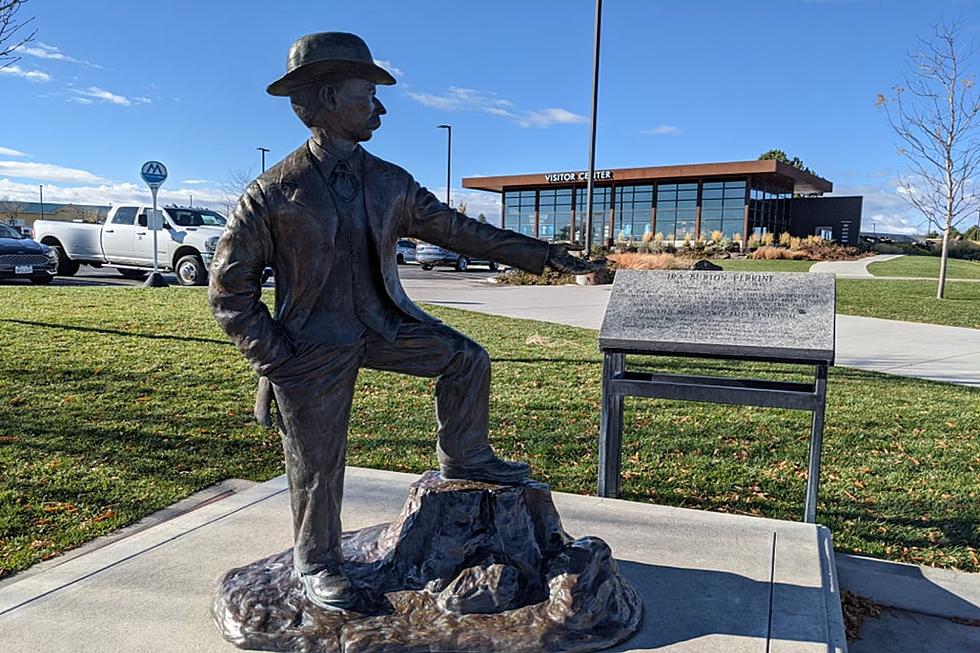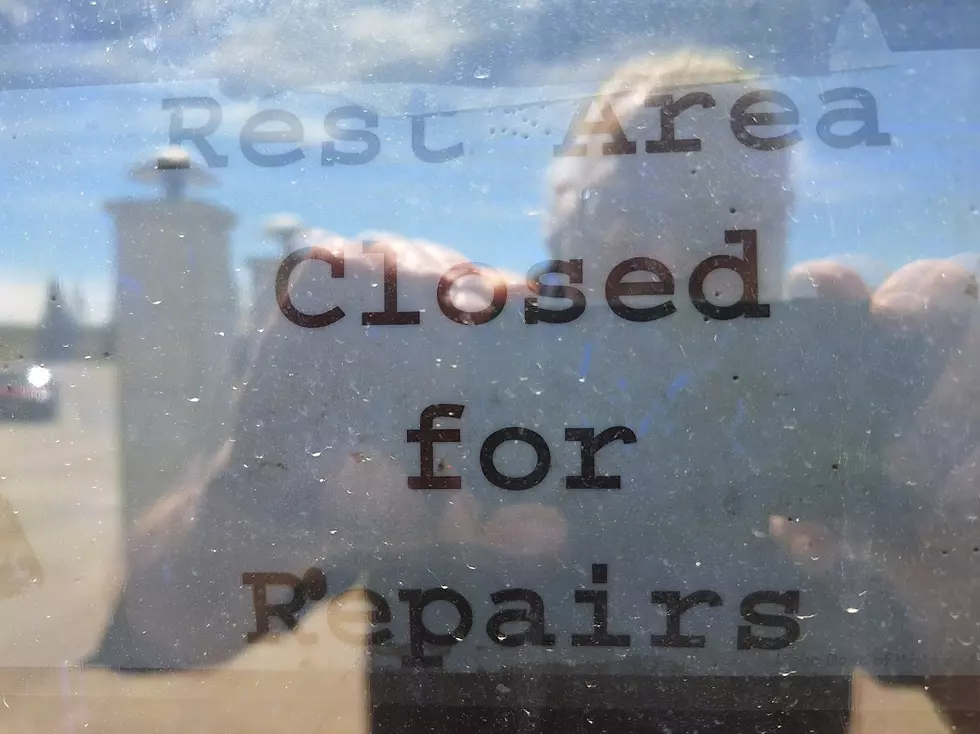
Visitor Center Grounds Offer History Lesson Of Twin Falls ID
I took a few minutes recently and wandered the grounds of the Twin Falls Visitor Center, and realized that you don't have to actually enter the building to learn just about anything you want to know about the city. The property surrounding the center is a southern Idaho history lesson in itself.
I spent my lunch hour Wednesday afternoon touring the property of the Twin Falls Visitor Center. I'd been to the site many times before, but this time I was in search of enlightenment rather than photographs of the nearby Snake River Canyon. I realized just minutes after exiting my truck that I had overlooked a couple of particulars that help tell the story of Twin Falls.
Those that regularly walk the pathway near the Perrine Bridge likely know about the Evel Knievel marker, the statue honoring Ira Burton Perrine, and the three large signs located near the path's entrance that convey the history of area landmarks such as the College of Southern Idaho, Shoshone Falls and the Thousand Springs Scenic Byway.
I walked around the back of the Twin Falls Visitor Center to an area known as the rock garden. The chilly, late-October temperatures have taken some of the brilliance out of floral landscaping that lines the lava rock walls behind the center, but it is still worth a walk up the Gary Young Trail Section. Located beneath the flying flags that represent not just Twin Falls, but the city's pride in our country and military forces, are the markers honoring persons that left an indelible legacy on the Magic Valley.
With new businesses going up all around the Twin Falls Visitor Center, we can expect to see more and more people visiting this part of the city for its beauty and chronicled past.
Twin Falls Visitor Center Grounds
Best Places To Kayak Withing 150 Miles Of Twin Falls
Lake Walcott A Short Drive From Twin Falls
Twin Falls Pandemic Halloween



